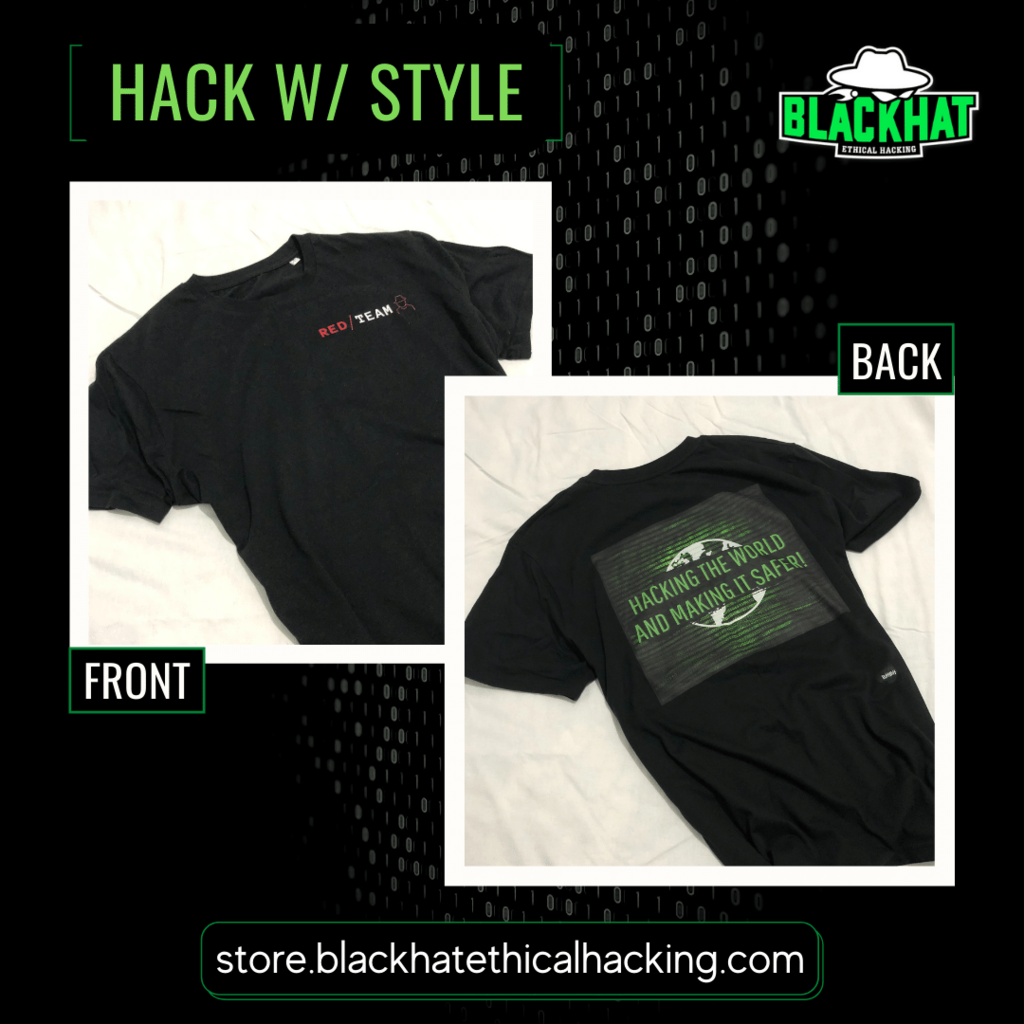Lapsus$ Data Kidnappers Claim Snatches From Microsoft, Okta


Reading Time: 2 Minutes
Lapsus$ shared screenshots of internal Okta systems and 40Gb of purportedly stolen Microsoft data on Bing, Bing Maps and Cortana.
Both Microsoft and Okta are investigating claims by the new, precocious data extortion group Lapsus$ that the gang has breached their systems.
Lapsus$ claimed to have gotten itself “superuser/admin” access to internal systems at authentication firm Okta. It also posted 40GB worth of files to its Telegram channel, including screenshots and source code, of what the group said is Microsoft’s internal projects and systems.
The news was first reported by Vice and Reuters.
Okta confirmed on Tuesday that it had been hit and that some customers may have been affected. The scope of the breach isn’t yet clear, but it could be huge: According to Okta, it has hundreds of millions of users that use its platform to provide access to networks, including employees at thousands of large companies such as Fedex, Moody’s, T-Mobile, Hewlett Packard Enterprise and GrubHub, to name a few.
A Microsoft spokesperson told Threatpost that its investigation found that an account had been compromised, “granting limited access.” Its cybersecurity response teams quickly engaged to remediate the compromised account and prevent further activity, the spokesperson said.
“We do not rely on the secrecy of code as a security measure and viewing source code isn’t tied to elevation of risk,” Microsoft said. The Microsoft Threat Intelligence team on Tuesday published a blog detailing observed activity of the Lapsus$, which Microsoft tracks as DEV-0537.
‘Very Worrisome’ Screenshots
The purported Okta screenshots included one that appears to show Okta’s Slack channels and another with a Cloudflare interface. In an accompanying message, the group said its focus was “ONLY on Okta customers.”
Bill Demirkapi, an independent security researcher, tweeted that the screenshots “are very worrisome. … LAPSUS$ appears to have gotten access to the @Cloudflare tenant with the ability to reset employee passwords.”
Cloudflare announced on Tuesday that it’s not up for risking its employees’ Okta credentials. The company, which uses Okta for employee authentication, is resetting its employees credentials, Co-founder and CEO Matthew Prince said on Twitter, “out of an abundance of caution.”

We are resetting the @Okta credentials of any employees who’ve changed their passwords in the last 4 months, out of abundance of caution. We’ve confirmed no compromise. Okta is one layer of security. Given they may have an issue we’re evaluating alternatives for that layer.
— Matthew Prince 🌥 (@eastdakota) March 22, 2022
Breach Dates to January
Demirkapi noted another scary thing about the screenshots: Namely, they indicate a date of Jan. 21, 2022. If the date is correct, it suggests that Okta “failed to publicly acknowledge any breach for at least two months,” he said.
The LAPSUS$ ransomware group has claimed to breach Okta sharing the following images from internal systems. pic.twitter.com/eTtpgRzer7
— Bill Demirkapi (@BillDemirkapi) March 22, 2022
Yes, the dates could mean that Lapsus$ has had access to Okta for months, but then again, they could instead indicate that Lapsus$ enjoyed a brief romp before it got kicked out. The latter is the case, Okta CEO Todd McKinnon.
On Tuesday, the CEO tweeted that in January 2022, Okta detected an attempted compromise of “a third-party customer support engineer working for one of our subprocessors” but that “the matter was investigated and contained by the subprocessor.”
Okta believes the screenshots Lapsus$ shared online are connected to the January incident. “Based on our investigation to date, there is no evidence of ongoing malicious activity beyond the activity detected in January,” McKinnon said.
We believe the screenshots shared online are connected to this January event. Based on our investigation to date, there is no evidence of ongoing malicious activity beyond the activity detected in January. (2 of 2)
— Todd McKinnon (@toddmckinnon) March 22, 2022
See Also: Offensive Security Tool: Scapy
See Also: Hacking stories: MafiaBoy, the hacker who took down the Internet
Source: threatpost.com
Full post











